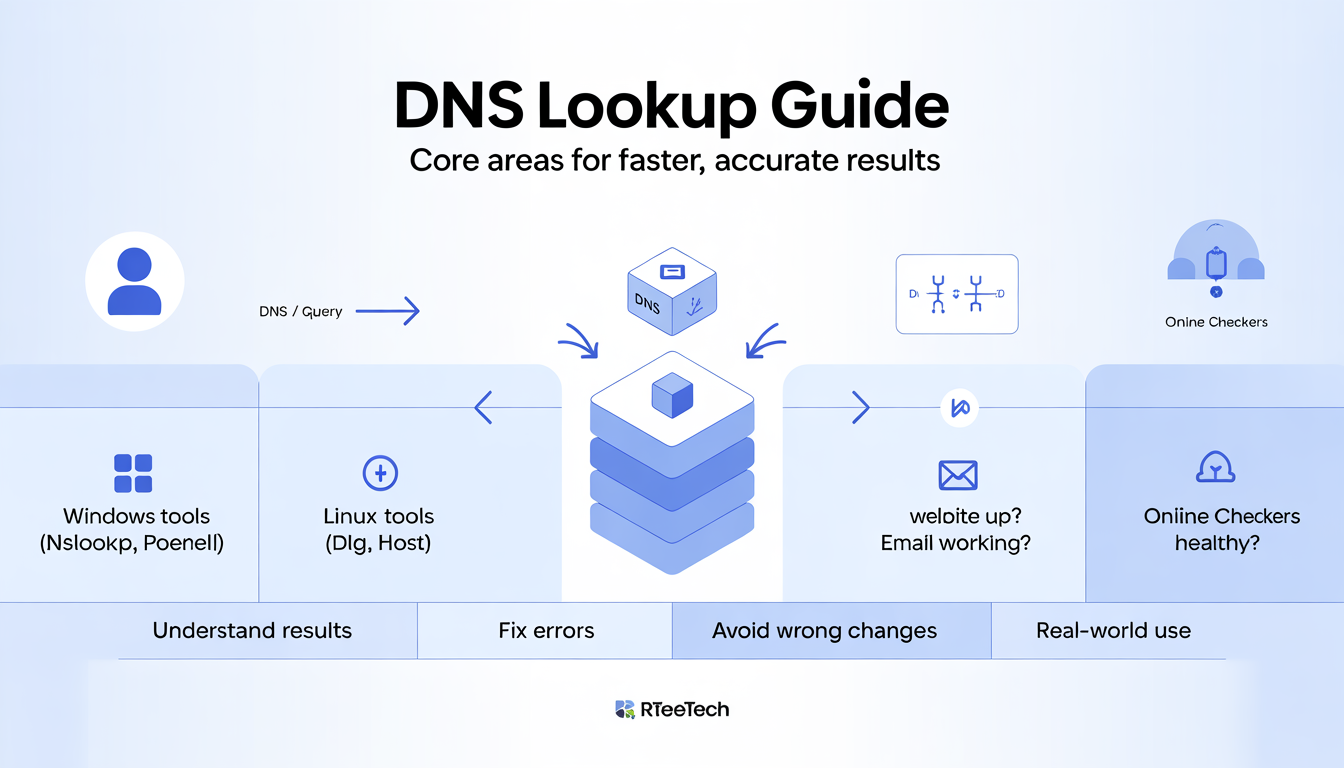Nearly half of all Google searches are for local information. That means millions of travelers are searching for “hotels near me” or “best places to stay in [city]” every single day. For boutique hotels, this is a golden opportunity, yet many owners don’t realize they are missing out.
Most guests plan their stays around a destination, not a hotel brand. If your property doesn’t appear when they are searching for stays in your location, they might never even find you. This is where local SEO comes in. It gives boutique hotels a chance to compete with bigger players by helping them show up where it matters most on the screens of travelers who are ready to book.
What Makes Local SEO Different from Regular SEO
Search engine optimization is often discussed in broad terms, but local SEO is its own category. Traditional SEO focuses on ranking a website on national or global scales. It’s what an e-commerce brand might use if it wants to sell products worldwide. Local SEO, on the other hand, is designed to capture searches that include a geographic element. These could be phrases like “boutique hotel in Charleston” or “romantic hotel near downtown Dallas.”
For boutique hotels, this difference is critical. Guests are not searching for a generic hotel; they are looking for a place in a specific area. If your marketing only targets general keywords, your property might appear in search results that don’t drive bookings. Local SEO ensures your hotel surfaces in front of people who are not only interested but also nearby or planning to visit soon.
Managing local SEO takes time, and hotel owners already juggle many responsibilities. This is when professional help can make a real difference. Agencies that specialize in boutique hotels, such as Stryde, understand how to tailor strategies to unique properties. They know how to position a small, independent hotel against larger chains while focusing on direct bookings and sustainable growth.
The Power of Google Business Profile for Hotels
For boutique hotels, a Google Business Profile is not optional. It is often the first place potential guests see your property online. When someone searches for hotels in your area, your listing can show up in Google Maps and the local search pack. If your profile is incomplete or outdated, you risk losing that booking to a competitor with better information.
An optimized profile includes high-quality photos of your rooms, accurate contact details, a list of amenities, and up-to-date hours. Guests also rely on the Q&A section to clarify details about parking, breakfast, or pet policies. Frequent updates to your profile signal to Google that your business is active, which can improve your ranking. The more complete and engaging your profile, the more likely travelers will click through to your website or call directly to book.
Local Keywords That Attract Travelers
Choosing the right keywords makes all the difference in local SEO. A generic term like “boutique hotel” is too broad. Instead, travelers search for “boutique hotel in Savannah” or “luxury stay near French Quarter New Orleans.” These phrases connect your property directly to the location your guests care about.
Researching these keywords doesn’t require expensive software. Simple searches on Google can reveal what terms people are using. You can also look at the “related searches” section at the bottom of results pages for ideas. Once you have your list, you can naturally include these keywords in your website content, blog articles, and page titles. This makes it easier for Google to match your property to local search queries and gives you a better chance of being discovered.
Creating Location-Focused Content That Guests Care About
Local SEO is not just about keywords. It is about creating useful content that connects your property to the destination. Travelers want more than a place to sleep; they want experiences. When your website or blog highlights nearby attractions, restaurants, or events, you become part of that experience.
For example, you could publish a guide to the best weekend activities in your city, or a list of local dining spots within walking distance of your hotel. These pieces do more than inform guests; they also signal to Google that your website is a relevant source for people looking to explore your area. Content like “Top 5 Things to Do Near [Hotel Name]” not only attracts search traffic but also positions your hotel as a helpful local guide.
Leveraging Maps and Voice Search for Modern Travelers
More and more guests use Google Maps or voice search when planning trips. Phrases like “best boutique hotel near downtown” or “pet-friendly hotel close to [landmark]” are becoming common. To capture these searches, your business information must be consistent across every platform. That means your hotel’s name, address, and phone number should match exactly on Google, your website, and travel directories.
Optimizing for voice search also means using natural language. Guests often speak to their devices in full sentences. Instead of only targeting “boutique hotel New Orleans,” include content that answers questions like “Where is the best boutique hotel near the French Quarter?” Adding these conversational phrases into your content helps you match how people actually search today.
Tracking Local SEO Performance the Smart Way
You cannot improve what you don’t measure. The good news is that tracking local SEO performance doesn’t require expensive tools. Google Search Console shows you which keywords bring visitors to your website. Google Analytics provides data on how those visitors behave, including how many book a room. Your Google Business Profile has its own dashboard that shows how many calls, clicks, or direction requests came from your listing.
Monitoring these numbers helps you see what’s working. If a blog post about local attractions is driving a lot of traffic, you might expand that content. If most people find your profile through a certain keyword, you can build more content around that phrase. Regularly checking these insights ensures your local SEO strategy grows stronger over time.
Local SEO is no longer optional for boutique hotels—it is essential. Guests search online for places to stay, and if your property does not appear in those results, you lose bookings to competitors. By optimizing your Google Business Profile, encouraging guest reviews, creating location-focused content, and ensuring your website is mobile-friendly, you can capture the attention of travelers exactly when they are ready to book. The advantage of local SEO is that it gives smaller hotels the ability to compete directly with larger chains. It increases visibility, drives direct reservations, and builds lasting guest relationships. Start with the basics, track your progress, and don’t hesitate to bring in expert help if you need it. The sooner you invest in local SEO, the sooner you will see more guests walking through your doors.



